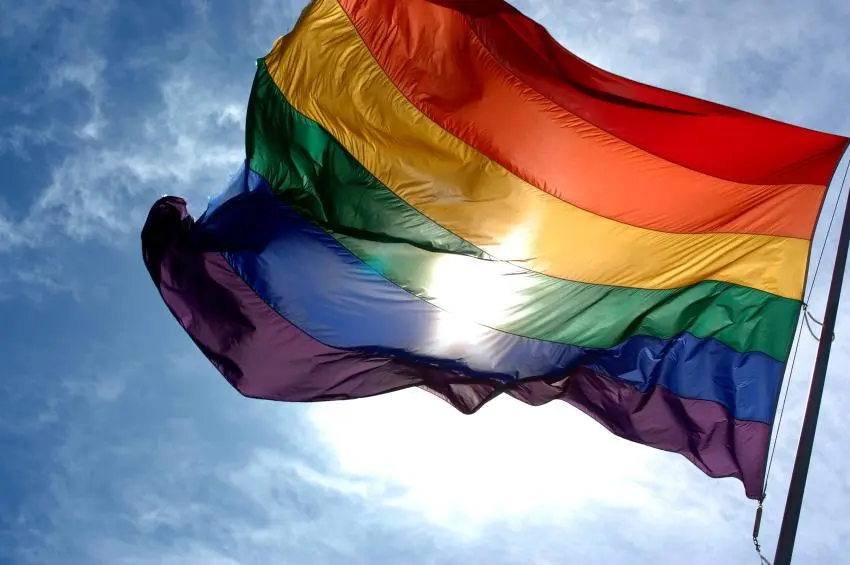
Welcome to the vibrant and diverse world of being gay! In this blog post, we’ll delve into the many facets of gay identity, celebrating the unique experiences and perspectives that define this colorful community. We’ll discuss the history, challenges, and triumphs of the gay community, as well as the importance of allyship and visibility. Whether you identify as gay or simply wish to better understand and support the LGBTQ+ community, this post is for you.
A Brief History of Gay Rights
The modern gay rights movement has its roots in the 1960s, with the Stonewall Riots acting as a catalyst for change. In the early hours of June 28, 1969, members of the LGBTQ+ community fought back against a police raid at the Stonewall Inn in New York City. This uprising sparked the beginning of a more organized and visible fight for gay rights.
Since then, progress has been made worldwide in terms of legal protections, societal attitudes, and visibility for the gay community. For example, in the United States, same-sex marriage was legalized in 2015, and many countries around the world have followed suit.
Nevertheless, there is still much work to be done. According to the International Lesbian, Gay, Bisexual, Trans, and Intersex Association (ILGA), as of 2021, same-sex relationships are criminalized in 69 countries, with severe penalties in some cases.
The Many Shades of Gay Identity
Being gay means different things to different people, and there is no one-size-fits-all description of the gay experience. Some people embrace their identity from a young age, while others may take longer to come to terms with their sexuality. It’s essential to recognize and celebrate the vast range of experiences that make up the gay community.
Intersectionality and the Gay Community
The gay community is not a monolith; individuals come from diverse backgrounds and experiences. Intersectionality plays a significant role in how people experience their gay identity. Factors such as race, ethnicity, socioeconomic status, and religion can all shape an individual’s experience as a gay person.
For instance, a 2020 study published in the journal Sexuality Research and Social Policy found that Black LGBTQ+ individuals in the United States experience higher rates of discrimination and prejudice than their white counterparts. This highlights the importance of considering intersecting identities when discussing the gay experience.
The Importance of Visibility and Representation
Visibility and representation are crucial for the LGBTQ+ community. Seeing people who share our identities in the media, politics, and everyday life can have a profound impact on our self-esteem and sense of belonging. A 2019 study from the Williams Institute at the UCLA School of Law revealed that LGBTQ+ individuals who are exposed to positive representations of their community are more likely to report higher self-esteem and less psychological distress.
Representation in the media has come a long way in recent years. In the 2020-2021 television season, GLAAD reported that a record-high 9.1% of regular characters on primetime scripted series were LGBTQ+, with increased racial diversity among these characters as well.
The Power of Allyship
Allies play an essential role in promoting acceptance and understanding of the gay community. By using their voices to support LGBTQ+ rights, allies help to create a more inclusive and accepting society. Becoming an ally involves educating oneself, listening to the experiences of LGBTQ+ individuals, and actively working to dismantle discrimination and prejudice. Here are some ways to be a supportive ally:
- Educate yourself about the history and current issues facing the LGBTQ+ community. This will help you become a more informed advocate and better understand the experiences of your LGBTQ+ friends and loved ones.
- Listen and learn from the experiences of LGBTQ+ individuals. Remember that their stories and perspectives are valuable and can teach you a lot about the diverse range of experiences within the gay community.
- Speak up against homophobic or transphobic language and behavior. If you witness discrimination or hate speech, use your voice to challenge these actions and stand up for LGBTQ+ rights.
- Support LGBTQ+ organizations and events, such as Pride parades, fundraisers, and advocacy groups. By actively participating in and supporting these initiatives, you demonstrate your commitment to creating a more inclusive society.
Celebrating Love and Pride
At its core, being gay is about love and acceptance. The LGBTQ+ community has faced numerous challenges throughout history, but it has also shown incredible resilience and strength. As we continue to push for greater equality and understanding, let’s remember to celebrate the love, joy, and pride that define the gay experience.
Conclusion
As we journey through the rainbow of gay identity, it’s essential to recognize the rich tapestry of experiences and perspectives that make up this vibrant community. By understanding the history, challenges, and triumphs of the gay community, we can work together to create a more inclusive and accepting world. So let’s embrace our colors and celebrate the beauty of diversity.







